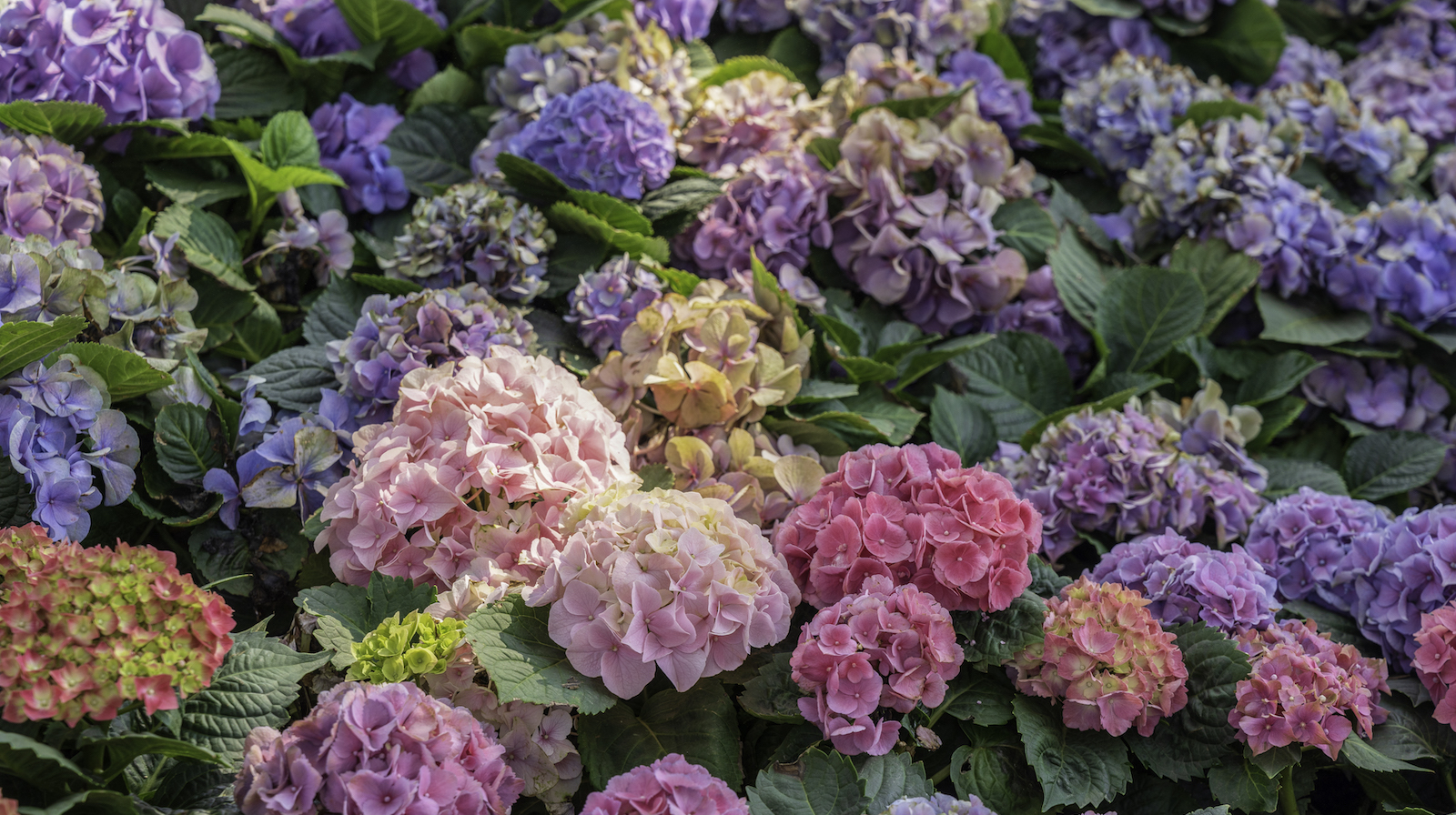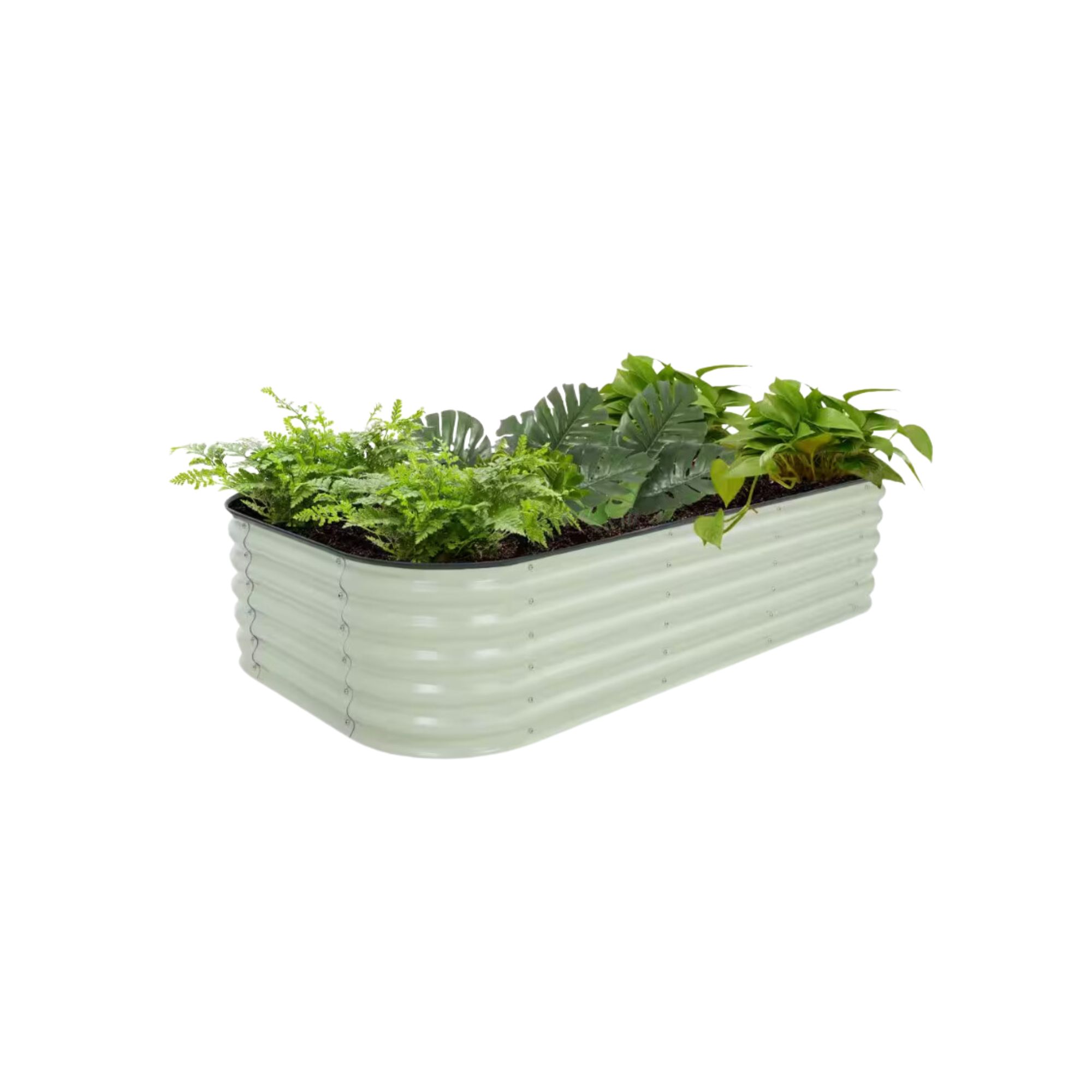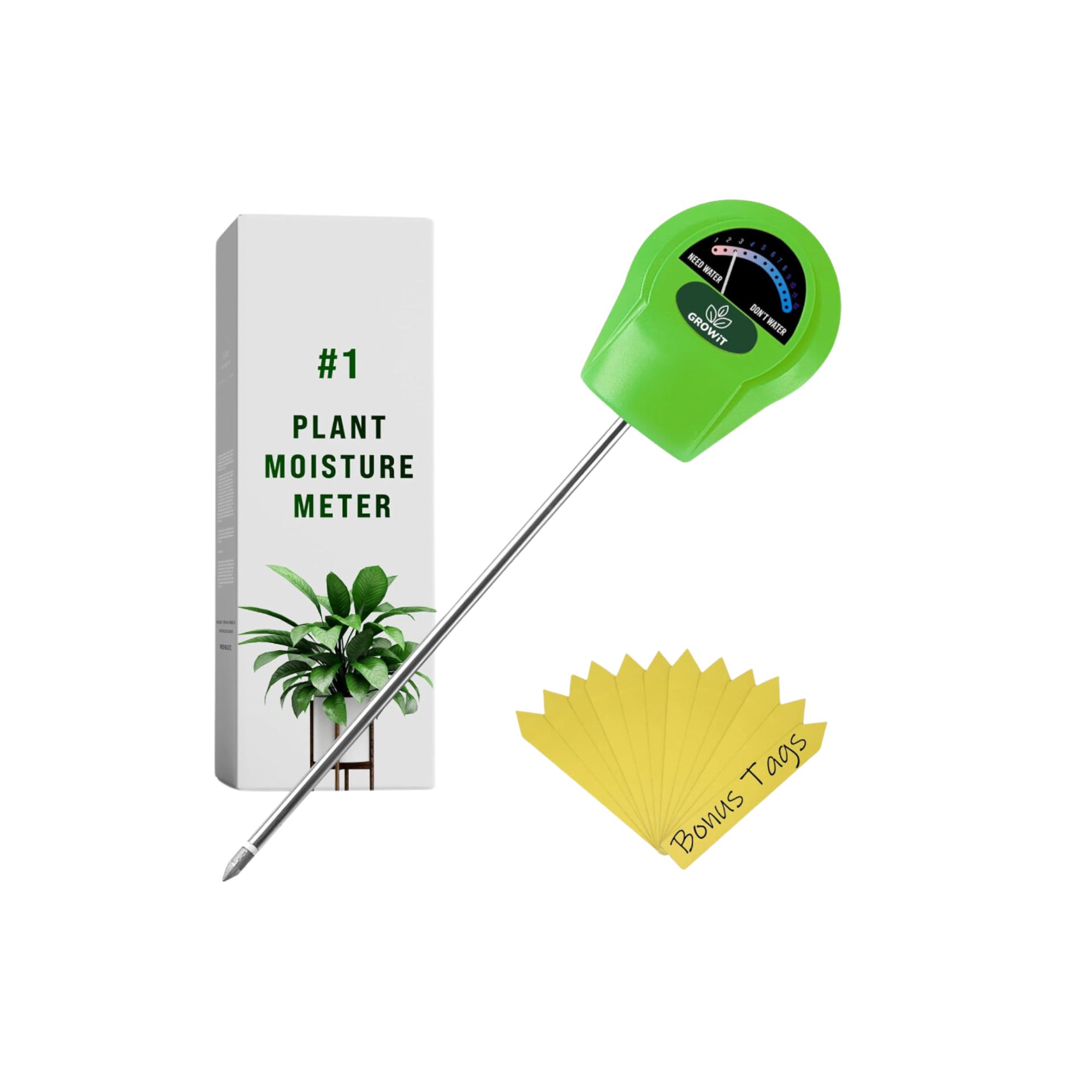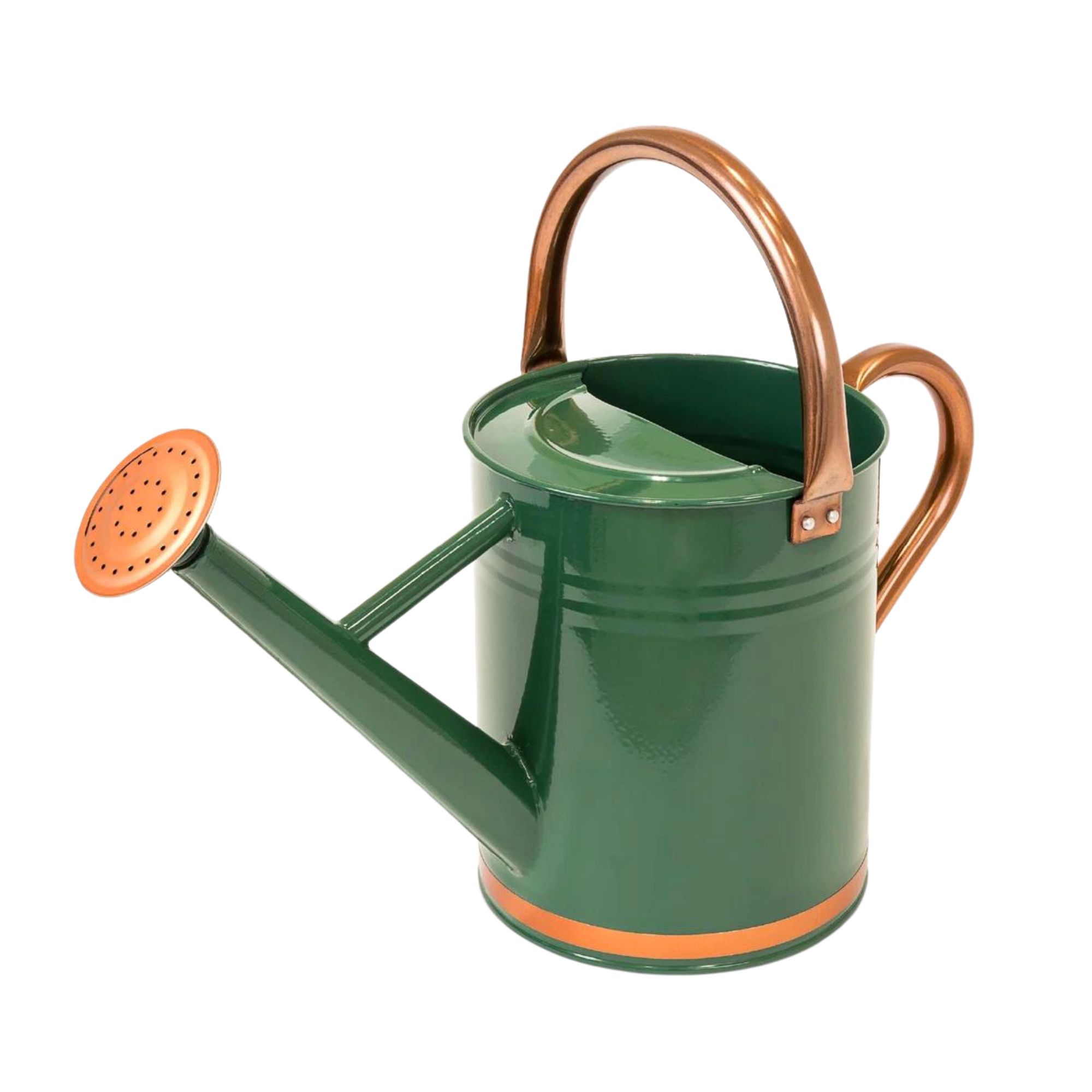
Now that it's time to get digging, you might be wondering where to plant hydrangeas for the bushiest blooms and richest colors possible. It just so happens, our experts can point you and your gardening toolkit in the right direction.
Hydrangeas are a beloved floral variety with specific requirements. However, with the proper TLC and the right environment, they're easily able to thrive. Our gardening pros reveal the best spot to plant your hydrangeas to bring out the best in them.
If you want the large flowering bulbs to be part of your small garden ideas in 2024, here's where to set up shop and give them maximum chance to shine.
Where to plant hydrangeas, according to experts
Caring for hydrangeas does involve some specifics, but it's well worth your time, according to experts.
"Hydrangeas make a great choice for your summer garden and will give you a lovely display and pop of color once your other flowers start to fade," says Jamie Shipley, managing director at Hedges Direct.
Here's how to ensure they won't fade, either.
1. In indirect sunlight
Spots with indirect sunlight are ideal for this popular pick, as the hydrangea is able to soak up vitamin D in the morning and avoid overly hot rays in the afternoon.
"The ideal spot is where they can avoid the intense heat of the midday sun, which can scorch their blooms," says Gene Caballero, co-founder of GreenPal. "This balance of sunlight promotes vibrant flower growth without causing undue stress to the plant."
And it's important to note just how much sunlight the flower is exposed to, according to Alfred Palomares, vice president of merchandising at 1-800-Flowers, as it'll affect its caretaking needs.
"Be mindful of how much sun it gets," he says. "The more light the plant receives, the more it should be watered. To determine when your hydrangeas needs another drink, plant parents can test this by sticking their finger into the soil to see if it has started to dry."
Insufficient hydration could lead to drooping hydrangeas, a gardening bummer if ever there was one.
2. In moist soil
While your florals will appreciate sips of H20, especially on a hot summer day, they don't want to be doused in water, either. You'll have to find the proper balance.
"Hydrangeas will perform best in moist, well-draining soil," Jamie adds. "If your garden is prone to dry soil in the summer I recommend planting your hydrangea shrubs in a shadier spot and avoiding a south-facing position."
According to Teri Valenzuela, natural science manager at Sunday Lawn Care, there are ways to also provide a little extra love when watering.
"Add a layer of organic mulch to help retain moisture," she notes. "Seasonal feeding with a specialized flower fertilizer will encourage higher yield and help grow fuller blooms."
Sunday's 42.3oz Wonderfert Liquid Garden Fertilizer, available at Target, can assist when caring for these babies in your small backyard.
3. In containers
Container gardening is a popular method that floral enthusiasts keep revisiting, and raised garden beds are flying off the shelves ahead of the nice weather. Consider hydrangeas for your containers, but keep a few basics in mind.
"Remember that they have large root systems so you’ll need to choose a big enough tub to let the system establish properly," Jamie adds. "Some varieties are more compact , like the hydrangea serrata and hydrangea macrophylla, and these will perform best in tubs."
4. Away from pets
Are hydrangeas poisonous to cats? Yes, and dogs and horses. Cyanogenic glycoside, which is present in its leaves, buds, stalks, and flowers, can cause gastrointestinal issues in animals. To protect your pet’s health, keep these flowers separate from your fur babies and only plant them in your garden if you can keep pets away.
The Alphatool's 16" × 189" Garden Fences from Amazon can help create a barricade. Should your cat or dog ingest the flower, call your vet immediately and prepare to make a visit.
5. Indoors
Fair warning: bouquets of hydrangeas might do well in your home, but growing them in a pot inside is a little trickier. That's not to say it's impossible, it's just preferable to keep your blooms outdoors.
"Ensure they have bright, indirect light," Gene says of working with hydrangeas indoors. "They require high humidity, so consider placing them in a well-lit bathroom or using a humidity tray. Regular pruning helps maintain their shape and size, suitable for indoor conditions."
What to shop

Price: Was $108, now $92.48
Dimensions (in.): 17 x 96 x 24
the Veikous Steel Galvanized Raised Garden Bed is strong, rust-resistant, and features an open-bottom design to prevent roots from rotting.

Price: Was $14.99, now $8.99
Suitable for use in gardens, lawns, farms, and potted plants, the GROWIT Soil Water Monitor delivers precise and fast readings of soil moisture levels to help you determine how much water your plant needs.

Price: $37.99
Capacity (gal.): 1
Lightweight, weather-resistant, and featuring an ergonomic design, this farmhouse chic watering can looks good and gets the job done in the garden.
Meet our experts
Ready to let go of the gardening rules? Chaos gardening, a lax approach to planting seeds, is all the rage right now, so we asked a pro how to go about the TikTok-approved trend.







